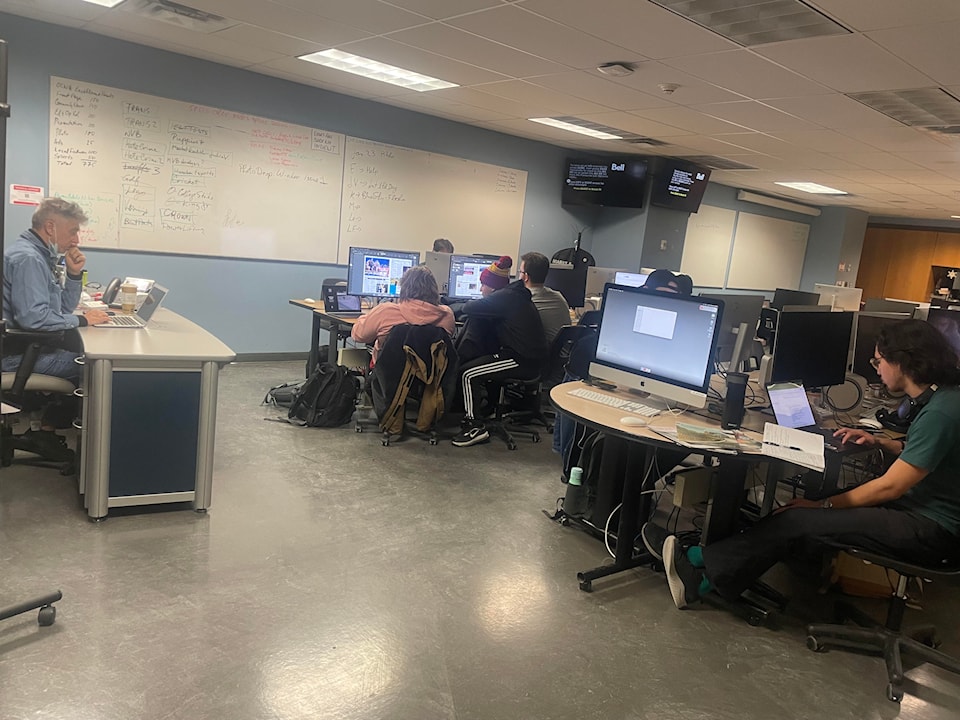College, for many, is the final stepping stone to transition from childhood to adulthood.
It will break your spirit, repair it and break it right back down in a week. College is meant to instill adult values in a person while teaching them preferred industry standards.
I have attended Humber College — now Humber Polytechnic — for four years, now in my final semester of the journalism program and from what I’ve experienced, my previous statement is true…for the most part.
The journalism industry is tricky to navigate, whether it’s television broadcasts, radio, newspaper, magazine, or investigative, there’s always something to add, change or delete.
Additionally, each media outlet (T.V., newspaper, radio, and websites) write and produces stories differently.
The first year (semesters one and two) of the program provided a basic understanding of the journalism industry and how each media outlet produces content. The second year (semesters three and four) was the next building block, furthering our knowledge from the first year.
The fifth semester, or the beginning of the third year is when classes started becoming more juicy as we were allowed to pick two of the four media outlets to specialize in, except magazines.
I selected Advanced TV News and Advanced Radio News because I want to be a broadcast journalist.
With my future in crystal clear focus and the tools to get there right there in front of me, I worked my behind off to show my professors (who have had me in previous semesters) that this is the person I am meant to be in the future. And I killed it.
The hype of the best semester of my life carried me through the winter break and straight into semester six where the class selection became even smaller: investigative journalism and online journalism were the only options.
Online journalism gave me the impression it focused on any form of journalism that can be posted on the internet, meaning I could continue to create T.V. and radio content as I had been. So I took it.
Boy, was I mistaken.
On the first day, I asked the professors if T.V. packages would be allowed on the website, and they informed me that this class was not focused on that but more on written stories. They did, however, tell me that out of the required 10 stories, possibly one could be a T.V. package.
The confusion set in as I realized all my work from the last semester with broadcast stories was being on hold. But where was the fairness?
Of the 20 students in my year in the program, half had not written print stories in almost a year. Many of us spent the previous months with our heads down trying to be the best broadcast students the industry hasn’t seen yet.
As I mentioned, each media outlet produces stories to fit that outlet and its industry requirements, and broadcast and print are drastically different.
Broadcast writing is meant to be spoken, so it sounds more conversational and present tense, whereas print writing is past tense writing with largely greater attention to detail due to the lack of visuals and audio.
To be “forced” back into a media that we chose to leave behind doesn’t seem like the best way to motivate students to become the best they can be.
Our professors constantly tell us that our campus classroom is to be treated like an industry newsroom and that we are the newstellers, but the industry doesn’t just focus on written content.
So with that said, how can I be what I’m not learning to be?




